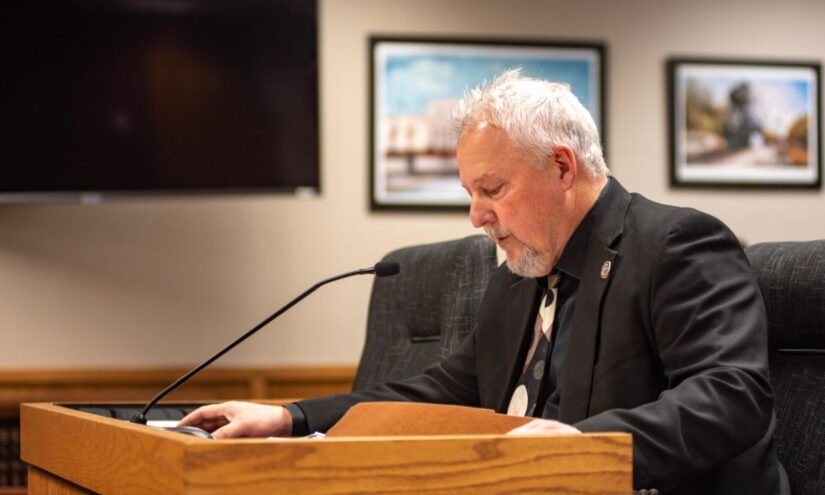During this summer, a team of students from MIT embarked on a journey to the sou …
Missouri Considers Open Enrollment as First Education Bill of the Year
Emma Wordsmith

A bill that would allow Missouri’s public school districts to change their boundaries is being considered in the state House of Representatives, marking the first education bill to receive a hearing this session.
On Wednesday, the House Committee on Elementary and Secondary Education discussed the open enrollment bill proposed by Sedalia Republican Rep. Brad Pollitt.
Pollitt explained that the bill would provide “choice” for the state’s 899,000 students in the public school system, allowing them to enroll in schools outside of their designated districts and making use of the taxes their parents pay.
In last year’s session, Pollitt expressed confidence that his bill would pass the Senate, but it ultimately failed due to filibusters that prevented the bills from being considered. The plan was to link Pollitt’s bill with state Rep. Ed Lewis’s bill on teacher recruitment and retention.
In an attempt to garner Senate support, Pollitt included a “compromise” in his bill that would limit transfers to 1% of the student population in districts with a high number of students on free or reduced lunch programs. However, leaders in the Republican caucus advised removing this provision.
The removal of the compromise language led to opposition from the Missouri branch of the National Education Association, whose lobbyist, Otto Fajen, expressed concerns over potential resegregation of schools without protections in place.
Last year, some lawmakers raised concerns that the bill could lead to resegregation if minority students were to stay in their home districts while others left. Rep. Paula Brown, a Democrat from Hazelwood, reiterated this concern during the hearing.
Pollitt responded by saying that he couldn’t predict which students would leave the district and that resegregation was a possibility regardless of the bill.
The bill includes a provision that limits the proportion of students allowed to leave a school district to 3% annually.
However, there are concerns that this limit may not provide enough protection for school districts. Mike Lodewegen, a lobbyist for the Missouri Council of School Administrators, pointed out that the students and teachers who remain in a district after others leave would have to deal with the consequences, such as cuts to programs and options for students.
Under the bill, when students transfer to a neighboring district, state aid (but not local aid) will follow them. Additionally, the bill proposes a $80 million fund to cover transportation costs for students eligible for free or reduced lunch programs or enrolled in special education.
Pollitt based the $80 million figure on the anticipated number of students who would participate in open enrollment, looking at similar programs in neighboring states.
A provision in the bill states that school districts opting into open enrollment are not required to add staff or programs, which may limit the number of special education students who can participate. Rep. Kathy Steinhoff asked if this could be considered discriminatory based on disability.
Pollitt explained that he included this provision based on a Wisconsin court ruling that declared school districts were not obligated to add staff for their open enrollment program. He also consulted with superintendents throughout the state and was told that it should not be mandatory to accept special education students due to existing resource limitations.
Last session, the bill passed the House with a vote of 85-69.


